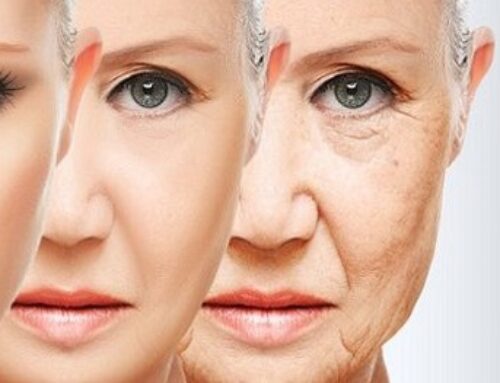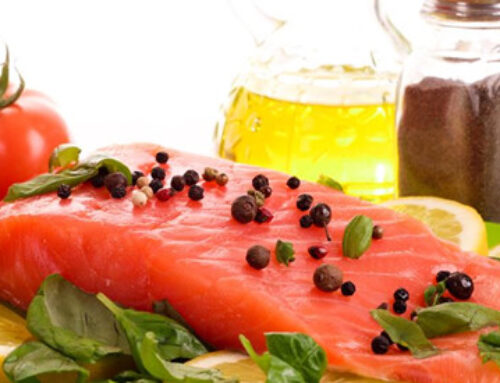Some of us don’t know the difference between real nutrition and political nutrition. What really feeds and nourishes the human body? Trying to find real answers can be discouraging. There is a tremendous amount of misinformation that has been accepted in our culture as truth.
My daughter has been taking a beginning foods and nutrition class at her middle school. Having learned important lessons in nutrition from her mom, she delights in coming home to tell me yet another story about how her teacher says that margarine is the only heart-healthy, butter-type spread you should use, that butter causes heart disease, and that Crisco is always the best choice for baking.
I am stunned because by now I assume most people know that both food products, margarine and shortening, are loaded with trans fats. Many studies have shown that there are NO safe levels of trans fat in the human diet. Why are trans fats unsafe? Manmade chemicals were never meant for the human body (See my article The Bad Fat). One reason is that they are directly linked to inflammation in the body, particularly the arteries close to the heart. Coronary artery disease and heart disease exploded into our society about the same time butter and tropical fats were being replaced with manmade fats—like margarine and shortening—around the late 1930’s to early 1940’s. There was a huge push to educate Americans about public enemy #1: butter (and other animal and tropical fats). These fats were accused of being the cause of heart disease and obesity. They were being replaced by the much inferior and less-expensive (to produce) manmade hydrogenated fats. Margarine and shortening in particular were touted as the greatest preventative measures one could take to protect against heart disease and coronary artery disease in the ‘70’s. Medical journals recommended “Fleishman’s unsalted margarine for their high blood pressure patients”. Wesson recommended its oils to consumers “for your heart’s sake”. This mindset went on into the 1980’s until it was very quietly dropped when studies indicated that polyunsaturated oils contributed to cancer. There are too many of these types of “misunderstandings”. Most of these false dietary beliefs are perpetuated by clever marketers disguised as dietary experts. When you leave the corporate food giants in charge of running and funding the studies that show the public how healthy their food products are, you’re probably going to get biased results from the studies. Real food doesn’t have a shelf life; it spoils quickly. This characteristic was a huge factor in pushing processed foods on the public. Processed foods have a very long shelf life, even years, and that trait equates to a better bottom line.
I know I can’t change what our schools teach, but I can teach my children the truth when they are ready to learn. And teach I do. I hear almost every day from my daughter what the other kids are eating at school and how they can have very dramatic mood swings and weight issues. She tells me it’s because of their diets! I’m glad my fifteen-year-old has some of the answers. Few adults, let alone kids, have any idea how their diet can affect their health. Learning about real nutrition and then teaching our children about it is a good place to start.










